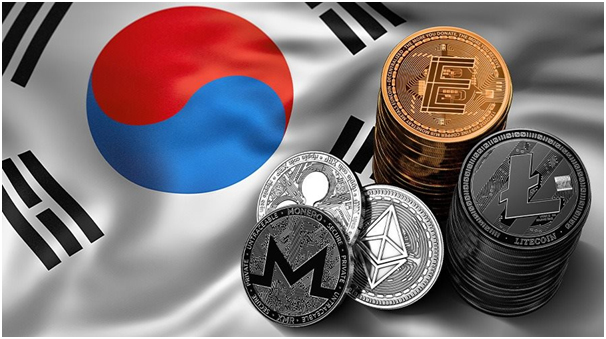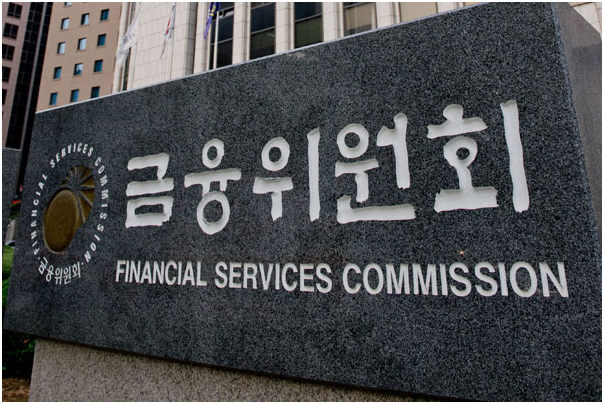South Korean authorities have stepped up the fight against fraud with a major crypto seizure of illegal assets in South Korea. In the recent police operation, investigations into fake exchanges led to the seizure of cryptocurrencies worth around 4.4 billion won ($3.2 million). The suspects allegedly were gaining profits from platform fees and acting contrary to financial laws during the six years. According to Yonhap News, the raid focused on two unlawful crypto exchange firms and three individual operators.` All parties are now being charged under the Foreign Exchange Transactions Act and the Electronic Financial Transactions Act. The crackdown points toward increased scrutiny of illegal crypto schemes and unregistered trading activities in the country.

Fake Crypto Exchanges Laundered Funds Through Nettel Pay
The syndicate group acted by accepting user deposits and exchanging them manually through Nettel Pay, an offsite channel.
This went on for six years, during which the group moved funds without regulatory scrutiny.
They used Ethereum wallets to launder funds in an attempt to hide the trail from the investigation authorities.
The authorities managed to recover 12.4 billion won worth of assets under borrowed names from money changers and shell companies. This laundering scheme would turn the illicit gains into digital assets and channel them overseas to gambling sites. Investigators determined that funds were masqueraded as service fees, being transferred through multiple virtual channels to stay under the radar.
Illegal Transactions Amount to Over $694.5 Million in Six Years
Authorities disclosed that these three unlicensed money changers processed unlawful transactions amounting to 943.4 billion won. That amounts to around $694.5 million, which makes it one of South Korea’s largest-ever crypto-related financial criminalities. These transactions were performed with different crypto scam mechanisms circumventing the legal money exchange channels.
One means of operating under the guise of legitimate platforms involved charging users with platform fees to conceal their illicit activities. The investigators allege that at least some portion of these transactions may have included identity theft or financial deception. Movements still happen to track others who may be tied up with funds and people connected with the broader fraudulent web.

Platform Fees Raised Nearly $19M Illegally
On platform fees alone, they had extracted 25.7 billion won from unsuspecting users, which is around $18.92 million. These charges were disguised as service or trading fees imposed by their bogus crypto exchanges to afford some semblance of legitimacy. These funds were transferred through Nettel Pay and later channeled to foreign gambling sites, hiding the source further. Profit margins demonstrate the sheer scale of possible earnings with crypto-scam operators masquerading as legitimate exchanges.
Meanwhile, victims of the scam never knew there was an intention to defraud them as many believed the platforms to be licensed. The amount generated in fees only goes to show how effective the misnomer exercise was for so many years.
The Joint Task Force Scaling up Investigations
In light of the emergence of new types of digital asset crimes, prosecutors decided back in February 2025 to form a joint investigation team. The team consists of experts from the FSC and the FSS, respectively, with the focus of their investigation on crimes dealing with virtual assets. They are well-equipped to deal with investigations concerning large-scale laundering, tax evasion, financial misrepresentation, and so forth.
The South Korean seizure is part of an encompassing endeavor to ensure compliant activities amidst regulations and protections to investors. The authorities also say this is just the beginning, with a further program of surveillance and enforcement in the months to follow. Their plan is to bring down fraud networks and work toward a more transparent crypto environment in the region.

Global Implications for Crypto Scam Crackdowns
This seizure sends a clear message to illicit operators abroad, as regulators are grasping real strings around fake crypto exchanges. South Korea, underlines the ethos of compliance and fair trade in the underwater sea of digital asset regulation. With help from international collaboration, such types of seizure might cross the boundaries of countries to go after money laundering operations beyond their scope.
Crypto investors should always check for registration and license of any platform on which they transact before trusting an exchange working out of foreign country. This case demonstrates how advanced the level of scams has reached and how urgent the matter of regulation is for this evolving crypto industry. Efforts such as these will serve as a backbone on which trust in blockchain technologies and financial innovation will be restored.

